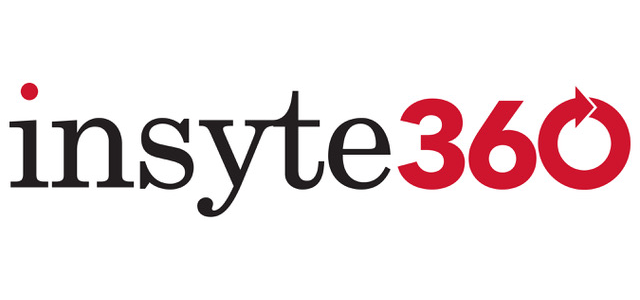For years, many in leadership positions have believed that the most productive employees are those that are well-rounded.Employees who start in one function, then “rotate” into a different function, possibly get promoted, move to a third function, get promoted, and so on and so on. The thinking is the more exposure an employee gets to …
insyteadmin
There was a time when you heard the phrase ‘long-term employee’ and likely thought that meant a person had been at a company for at least 10 years. Maybe even 15 years. The point is we thought long-term meant at least a decade. Times have changed. The most recent data released by the Bureau of …
Salespeople are the lifeline of any organization but finding, and retaining, great salespeople can be a huge challenge. Not all salespeople are alike. We have to be keenly aware of the type of salesperson we are for and how they are naturally wired to snag a great candidate. In today’s video, Dawn shares 3 tips …
You can likely close your eyes and picture the best boss you ever had. Why was this boss so great? Maybe your boss was great because they gave you your first big break. Maybe your boss was great because they were extremely kind when you were going through a tough personal situation. Maybe your boss …
Have you ever noticed that some positions seem to naturally attract certain energy levels? For example, many salespeople and receptionists generally have pretty high outward energy, but you may find that many IT, finance or operations people have less outward energy. Neither is right or wrong, good or bad, better or worse – they are …
If only we knew what we don’t know. If you are in a leadership role, you likely take the responsibility of developing people very seriously. But how many times have we stubbed our toes because we simply didn’t know that a person is actually very different than how they present themselves? We didn’t know that …
When you hire people, you choose individuals to fill positions. When you select talent, you invest in contributors to fulfill a purpose. There is a big strategic difference in these two goals – and net organizational impact. Talent is the growth engine of every organization. If you want to grow, you have to view and …
Team members may show up and be present and accounted for but that doesn’t mean great work is occurring. On average, employees miss 57 days a year due to presenteeism versus 4 days to absenteeism. That’s a lot of lost productivity! In today’s video learn how to combat presenteeism and drive enthusiasm and engagement.
It doesn’t happen by accident. Those teams you see that seem to be running on some sort of growth magic dust all have the same thing in common. They understand, accept and deeply value one another’s natural talents, personality, interests and learning styles. There are many teams that absolutely could achieve great things. However, they …
